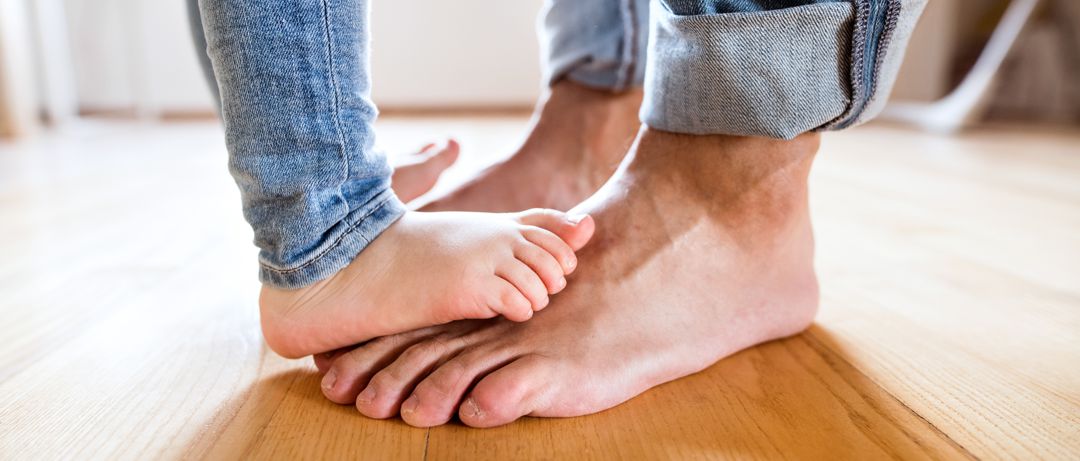
A person with diabetes is prone to developing sores on the feet, heels or toes. Known as diabetic ulcers, these sores can lead to amputation if not cared for properly.
“It is so important for a diabetic to do a daily foot check,” said Heather Jankowski, nurse practitioner, TMC Wound Care Center. “This will help you catch problems early and get them treated right away. Early treatment greatly reduces your risk of amputation.”
What exactly is a diabetic foot ulcer?
It’s a wound that occurs on the feet, heels or toes of people with diabetes. Many times, there is little to no feeling in the feet or the ulcer itself. A pulse is present and the skin is normal or warm to the touch. The skin on the legs and feet may be dry and flaky.
Nerve damage puts you at higher risk for foot ulcers
The loss of feeling in your feet, caused by diabetic neuropathy, means you may not notice a cut, blister or sore. These seemingly small problems can lead to foot ulcers and infections. If an infection doesn’t get better with treatment, your toe, foot or part of your leg may need to be amputated to prevent infection from spreading. Diabetes is the leading cause of limb loss.
How can I prevent nerve damage or stop it from getting worse?
- Keep your blood sugar in your target range as much as possible.
- Don’t smoke because it reduces blood flow to the feet.
- Eat more fruits and vegetables and eat less sugar and salt.
- Get 10-20 minutes of exercise every day.
- Take the medicines your doctor prescribes you.
What are some ways of preventing diabetic foot ulcers?
Most people with diabetes can prevent serious foot complications. Regular care at home and making all of your doctor’s visits are key to prevention:
- Check your feet every day for cuts, redness, swelling, sores, blisters, corns, calluses or any other change to the skin or nails. Use a mirror if you can’t see the bottom of your feet or ask a family member to help.
- Never go barefoot, even indoors. This will help you avoid injuries.
- Wear shoes that fit well.
- Get your feet checked at every health care visit. And visit a foot doctor every year, more often if you have nerve damage. Your foot doctor will check for feeling and blood flow in your feet.
What should I do if I think I have a foot ulcer?
Go see your doctor. You may be referred to a wound care center for treatment. Your care team will organize a comprehensive treatment plan to help you heal.
 The Tucson Medical Center Wound Care Center, managed by Healogics™, provides specialized treatment for chronic or non-healing wounds, which are defined as sores or wounds that have not significantly improved from conventional treatments. Associated with inadequate circulation, poorly functioning veins and immobility, non-healing wounds lead to lower quality of life and may lead to amputations. When wounds persist, a specialized approach is required for healing. Typically, a wound that does not respond to normal medical care within 30 days is considered a problem or chronic wound.
The Tucson Medical Center Wound Care Center, managed by Healogics™, provides specialized treatment for chronic or non-healing wounds, which are defined as sores or wounds that have not significantly improved from conventional treatments. Associated with inadequate circulation, poorly functioning veins and immobility, non-healing wounds lead to lower quality of life and may lead to amputations. When wounds persist, a specialized approach is required for healing. Typically, a wound that does not respond to normal medical care within 30 days is considered a problem or chronic wound.
Talk to your doctor about a referral to our Wound Care Center, or contact us directly for an assessment. Call (520) 324-4220 for more information. Learn more here.